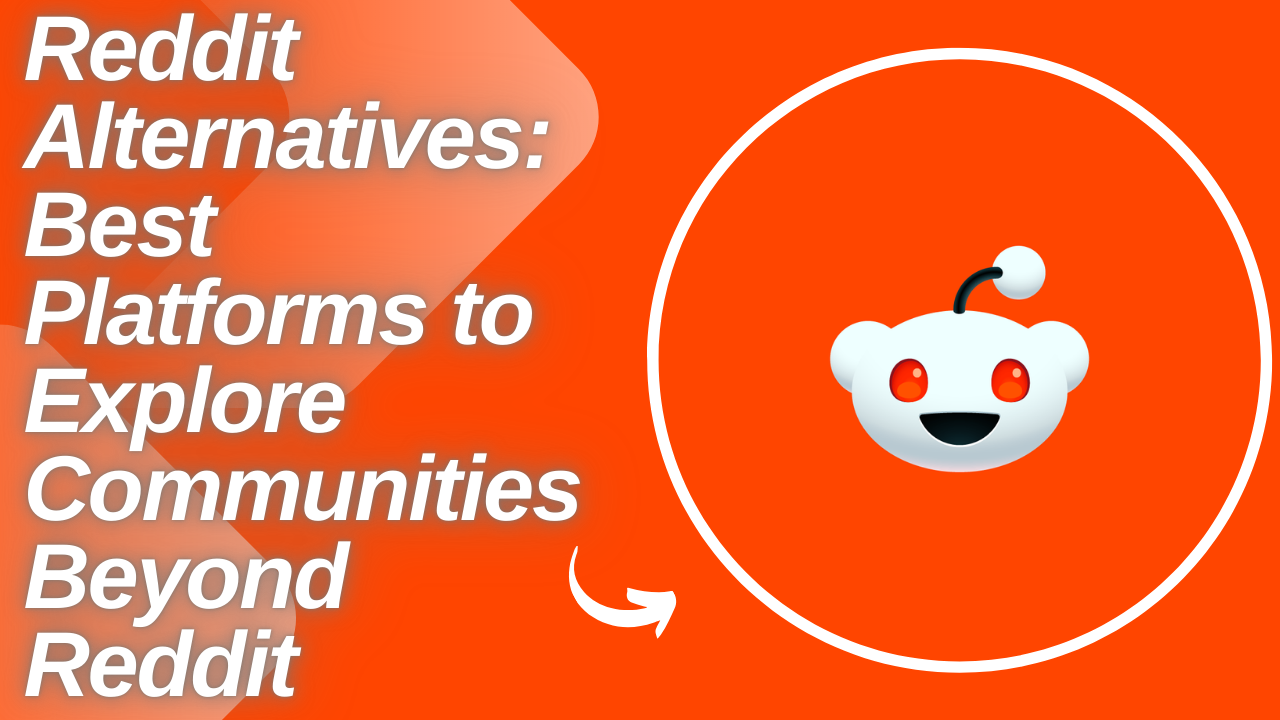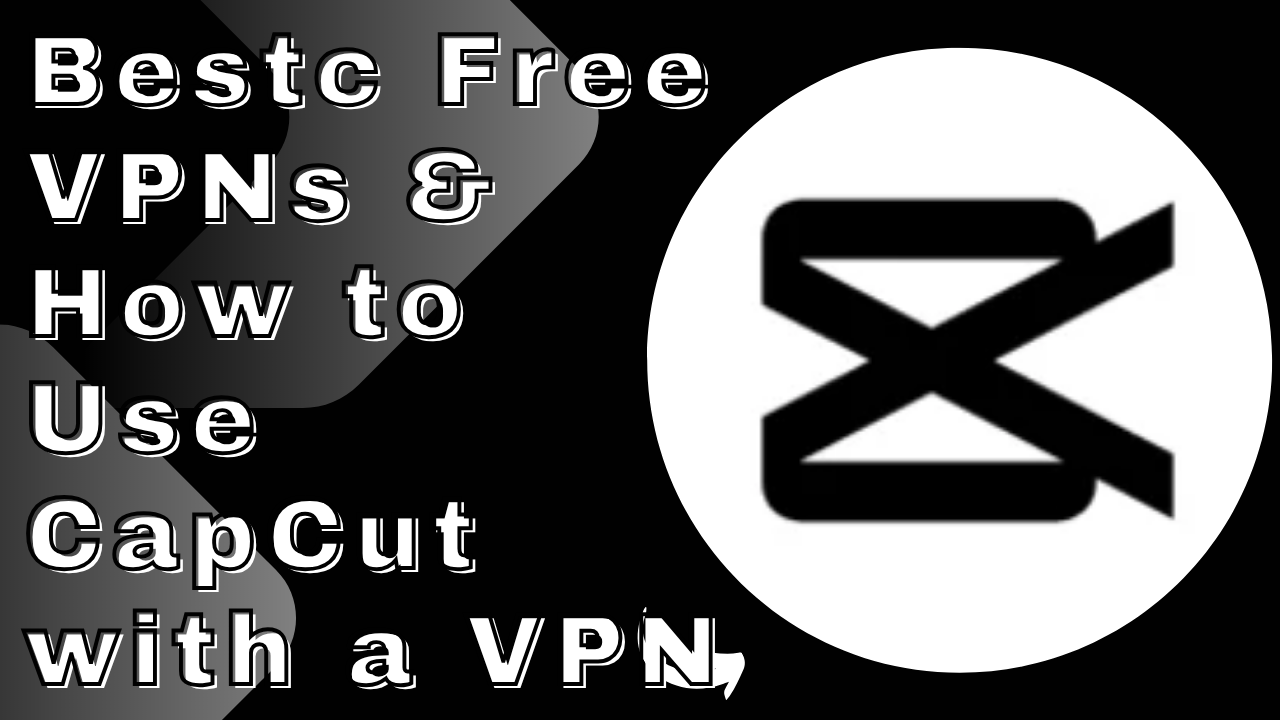I’m Viraj Haldankar, and today I want to share my insights on Reddit alternatives. Reddit is one of the most popular platforms for communities, discussions, and niche content. However, it’s not the only place to find quality discussions or targeted audiences. Whether you’re looking for niche communities, Q&A platforms, or specialized content hubs, there are many alternatives that can meet your needs.
Over the years, I’ve explored multiple platforms beyond Reddit, and I’ve seen firsthand how using a combination of these communities can help you build authority, engage with niche audiences, and drive traffic to your blog or business.
Why You Should Consider Reddit Alternatives
While Reddit is powerful, it has some limitations:
- Community Restrictions: Some subreddits have strict rules that limit discussions.
- Content Overload: Millions of posts make it difficult to find niche discussions.
- Anonymous Nature: Limited accountability can reduce content quality.
- Monetization Limitations: Reddit’s ad options are limited for traffic generation.
Exploring other platforms allows you to discover niche audiences, engage more effectively, and create meaningful connections.
Top Reddit Alternatives with Features, Pros & Cons
1. Quora: Best Platform for Q&A and Authority
Features:
- Real-name profiles enhance credibility
- Topic-specific spaces for focused discussions
- Upvote and downvote system to highlight quality answers
- Option to link back to blogs and external resources
Pros:
- Build authority in your niche
- Drive referral traffic to your website
- AI tools can help craft detailed, SEO-friendly answers
Cons:
- High competition for popular topics
- Answers may get buried if not optimized for SEO
I use Quora daily to answer questions on blogging, SEO, and digital marketing. By providing detailed answers and linking to my blog posts, I get consistent traffic and improve my authority.
2. Stack Exchange: Expert Communities for Professionals
Features:
- Multiple niche sites (e.g., Stack Overflow, Server Fault)
- Reputation points system for contributors
- Community moderation ensures high-quality content
- Voting system highlights the best answers
Pros:
- Ideal for technical and professional discussions
- Evergreen content remains relevant over time
- Encourages detailed, well-researched answers
Cons:
- Strict moderation may discourage beginners
- Less social and interactive than Reddit
I rely on Stack Exchange for technical SEO, coding, and marketing queries. The answers I post often become long-term resources for other professionals.
3. Hacker News: Technology & Startup Community
Features:
- Curated tech and startup news
- Minimalist interface for distraction-free reading
- Upvote system for trending topics
- Comment sections for discussions
Pros:
- High-quality tech content
- Discover industry trends and insights
- Great for professional networking
Cons:
- Less suitable for casual or general discussions
- Steep learning curve for newcomers
I check Hacker News for trending topics in tech and blogging, which helps me generate content ideas and stay ahead of industry changes.
4. Digg: News Aggregator and Viral Content
Features:
- Curates trending news and stories
- Simple interface for quick browsing
- Share content easily across platforms
Pros:
- Identify viral content quickly
- Source content ideas for blogs or social media
- Minimal setup required
Cons:
- Limited niche-specific discussions
- Less interactive than forums
I use Digg to spot trending topics and create timely, viral-worthy blog posts.
5. Discord: Real-Time Chat Communities
Features:
- Text, voice, and video chats
- Public and private servers
- Topic-specific channels and bots
- Event scheduling and community management tools
Pros:
- Real-time interaction with members
- Build niche communities and network with peers
- Integrates with tools for automation
Cons:
- Harder to search for old content
- Can be overwhelming with notifications
Discord has been my go-to for networking with bloggers, marketers, and AI enthusiasts. Engaging in these communities helps me gain insights and grow my audience.
6. Telegram Groups: Instant Messaging Communities
Features:
- Public and private groups for niche topics
- Multimedia sharing, polls, and announcements
- Admin-curated content
Pros:
- Quick, real-time updates and engagement
- Easy to join niche-focused discussions
- Ideal for sharing blog updates and tips
Cons:
- Limited discussion organization
- Hard to track evergreen content
I use Telegram to share tips and blog updates directly with interested users, which drives consistent traffic and engagement.
7. Facebook Groups: Targeted Social Communities
Features:
- Private or public groups
- Real-name profiles enhance credibility
- Polls, posts, and live sessions
- Membership control
Pros:
- Engage directly with niche audiences
- Build authority and community trust
- Drive referral traffic to blogs
Cons:
- Heavy moderation required for quality
- Can be slow for search indexing
Facebook Groups remain effective for networking and sharing content with a real-name audience, which is helpful for bloggers and marketers.
8. Mighty Networks: Build Your Own Private Community
Features:
- Fully customizable private communities
- Paid memberships and monetization options
- Structured discussion topics, polls, and events
Pros:
- Complete control over content and members
- Monetization opportunities for courses and memberships
- High engagement potential
Cons:
- Requires setup effort
- Smaller initial audience than open platforms
I recommend Mighty Networks if you want to build a loyal audience beyond open forums. It’s perfect for course creators, bloggers, and digital marketers.
9. Product Hunt: Tech Discovery Community
Features:
- Focus on apps, startups, and digital tools
- Upvote and comment system
- Early access to trending products
Pros:
- Discover new products and trends quickly
- Engage with creators and early adopters
- Source blog content ideas
Cons:
- Limited general discussion
- Tech-focused, less suitable for lifestyle niches
Product Hunt is excellent for tech bloggers and marketers seeking trending topics and inspiration.
10. Voat: Free Speech-Oriented Discussion Platform
Features:
- Reddit-like interface
- Communities organized as subverses
- Upvote/downvote system
Pros:
- Freedom of discussion
- Similar structure to Reddit
Cons:
- Smaller user base
- Limited moderation may lead to low-quality content
Voat is useful if you want Reddit-like discussions without strict moderation, though the audience is smaller.
11. Mix: Content Discovery and Curation
Features:
- Save, curate, and share content
- Personalized recommendations
- Community voting system
Pros:
- Discover niche content easily
- Share content with targeted audiences
- Simple, user-friendly interface
Cons:
- Less discussion-focused
- Limited engagement tools
I use Mix to curate content for blog inspiration and audience engagement.
12. 4chan: Anonymous Discussion Boards
Features:
- Thread-based discussions
- Anonymous posting
- Wide range of niche boards
Pros:
- Anonymous discussions encourage open opinions
- Active user base in specific niches
Cons:
- Less moderated, high risk of low-quality content
- Not suitable for professional networking
I recommend 4chan only for trend spotting or casual niche discussions.
13. Medium Communities: Blogging and Engagement
Features:
- Built-in audience for blog posts
- Topic tags and recommendations
- Follower-based engagement
Pros:
- Easy to publish and get readers
- Good for content marketing and authority building
- Integrated analytics
Cons:
- Limited control over audience
- Medium keeps part of the traffic
I use Medium to repurpose some of my blog content and reach audiences who prefer reading long-form articles there.
14. Kialo: Debate-Focused Platform
Features:
- Structured debates on topics
- Pros and cons mapped clearly
- Community voting for conclusions
Pros:
- High-quality, structured discussions
- Ideal for research and insights
- Niche-focused communities
Cons:
- Limited general discussion
- Smaller audience than Reddit
Kialo helps me analyze debates in marketing, SEO, and AI topics for research purposes.
Comparison Table of Reddit Alternatives
| Platform | Best For | Pros | Cons | Personal Use Example |
|---|---|---|---|---|
| Quora | Q&A, authority | Credible answers, referral traffic | High competition | Answering SEO & blogging questions |
| Stack Exchange | Technical & professional | Expert community, evergreen content | Strict moderation | SEO & coding solutions |
| Discord | Real-time chats | Networking, niche communities | Hard to search content | Blogging & AI groups |
| Telegram | Messaging, updates | Quick engagement, niche groups | Limited content tracking | Sharing blog updates |
| Facebook Groups | Social networking | Authority, engagement, traffic | Needs moderation | Blogging community engagement |
| Mighty Networks | Private communities | Full control, monetization | Setup effort | Building loyal audience |
| Product Hunt | Tech & startups | Trends, engagement | Tech-focused | Finding trending blog topics |
| Digg | News & viral content | Discover viral content | Limited discussions | Content inspiration |
| Hacker News | Tech & startup trends | High-quality insights | Not casual-friendly | Generating content ideas |
| Voat | Free speech communities | Similar to Reddit | Small user base | Niche discussions |
| Mix | Content curation | Easy discovery | Less discussion | Blog inspiration |
| 4chan | Anonymous discussions | Open opinions | Low-quality content | Trend spotting |
| Medium | Blogging & readers | Built-in audience | Limited control | Repurposing blog content |
| Kialo | Structured debates | High-quality debate insights | Smaller audience | Research & analysis |
SEO-Friendly FAQs About Reddit Alternatives
1. Why should I use Reddit alternatives?
Reddit may be restrictive or crowded. Alternatives provide niche communities, better engagement, and more opportunities to drive traffic.
2. Which Reddit alternative is best for Q&A?
Quora and Stack Exchange are excellent for knowledge sharing and credibility.
3. Can I use Discord or Telegram for marketing?
Yes, both allow direct traffic to blogs or products and foster niche community engagement.
4. Are Reddit alternatives free to use?
Most platforms are free. Some, like Mighty Networks, have paid features for premium communities.
5. Which Reddit alternatives drive referral traffic best?
Quora, Pinterest, and Facebook Groups are great for driving traffic to blogs or websites.
6. Do Reddit alternatives support niche communities?
Yes. Platforms like Stack Exchange, Discord, and Mighty Networks focus on specific interests.
7. Is content moderation strict on alternatives?
It varies. Stack Exchange and Quora are strict, while Discord and Telegram are more flexible.
8. Can I build a loyal following without Reddit?
Absolutely. Using multiple platforms strategically allows you to grow a dedicated audience.
9. Are Reddit alternatives better for SEO than Reddit?
Some, like Quora and Stack Exchange, allow backlinks and SEO-friendly content that can boost website rankings.
10. How do I select the right Reddit alternative?
Evaluate your goals, niche, audience type, and engagement style before committing. Diversifying platforms is usually the best strategy.
Conclusion: Expanding Beyond Reddit
Reddit is excellent, but many alternatives exist. From Quora for authority, Discord for real-time chats, Stack Exchange for technical expertise, to Mighty Networks for private communities, exploring multiple platforms allows you to engage audiences, discover content, and drive traffic.
In my experience, combining these platforms has helped me build authority, grow my audience, and discover niche opportunities that a single platform cannot provide. Whether you’re a blogger, marketer, or business owner, diversifying beyond Reddit is key to sustained growth.









Such an insightful blog! Thanks for the knowledge, Viraj!
Greate blog Viraj….!